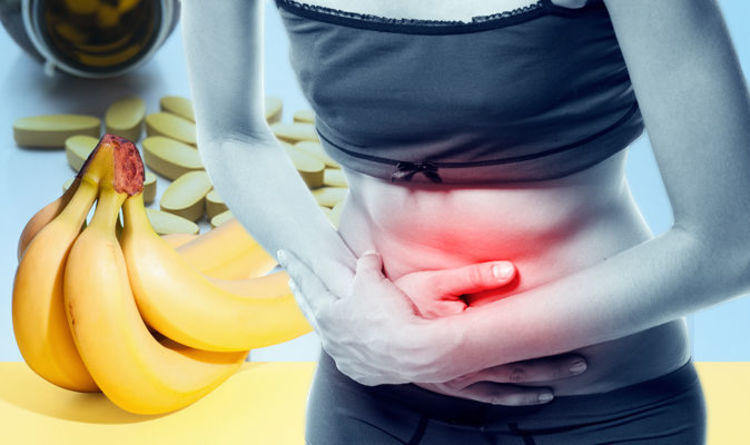Everyone needs potassium to survive. Potassium is a mineral and an electrolyte. It helps your muscles work, including the muscles that control your heartbeat and breathing. Potassium comes from the food you eat.
Your body uses the potassium it needs. The extra potassium that your body does not need is removed from your blood by your kidneys. When you have kidney disease, your kidneys cannot remove extra potassium in the right way, and too much potassium can stay in your blood.
When you have too much potassium in your blood, it is called high potassium, or hyperkalemia.
What causes high potassium?
The most common cause of high potassium is kidney disease.
Other causes of high potassium include:
Dehydration
Some medicines
Uncontrolled diabetes
Injuries that cause severe bleeding
Some rare diseases
If you have kidney disease, you are at risk for high potassium because your kidneys cannot remove the extra potassium in your blood. Instead of leaving your body through your urine, the extra potassium in your blood travels through your kidneys and back into your bloodstream. Over time, more and more potassium can build up in your blood.
Some medicines
Uncontrolled diabetes
Injuries that cause severe bleeding
Some rare diseases
If you have kidney disease, you are at risk for high potassium because your kidneys cannot remove the extra potassium in your blood. Instead of leaving your body through your urine, the extra potassium in your blood travels through your kidneys and back into your bloodstream. Over time, more and more potassium can build up in your blood.
What are the symptoms of high potassium?
Many people do not feel symptoms of high potassium. Having too much potassium in your blood can be dangerous. It can even cause a heart attack.
If you do feel symptoms, some of the most common are:
- Feeling tired or weak
- Feeling sick to the stomach (nausea)
- Muscle pains or cramps
- Trouble breathing, unusual heartbeat, chest pains
High-potassium foods to avoid
Some high-potassium foods that people with CKD should limit or avoid include:
- nuts
- beans and legumes
- potatoes
- bananas
- most dairy products
- avocados
- salty foods
- fast foods
- processed meats, such as luncheon meats and hot dogs
- bran and whole grains
- spinach
- cantaloupe and honeydew
- tomatoes
- vegetable juices
Low-potassium foods to add
Eating more than one serving can turn a low potassium option into a high potassium snack, so it is essential to stay within the recommended guidelines.
Low-potassium foods include:
- apples, apple juice, and applesauce
- most berries, including blackberries, blueberries, strawberries, and raspberries
- grapes and grape juice
- pineapple and pineapple juice
- watermelon
- asparagus
- broccoli
- carrots
- kale
- cabbage
- cucumbers
- white rice, noodles, and bread (not whole grain)
- zucchini and yellow squash




No comments:
Post a Comment